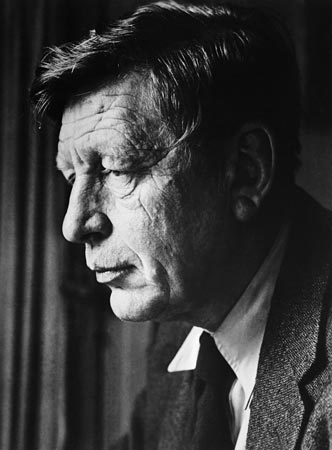
Roland Barthes
Schools rarely have time for such things, and a teacher can’t do everything. A teacher can on the other, through work and luck, intrigue, excite and be honest about not knowing. Exams and grades don’t much care for not knowing. Multiple choice doesn’t do intrigue.
My own point of view is that poetry should be taught but that its character should be acknowledged in the process, in other words that it be recognised to resemble some of the other art forms – music, dance, visual art.; something that is like a performance but one that performs itself in the ear – in the auditory imagination - given the chance.
Strangely enough, the poem is less like a novel than you might think. The poem begins with the cry, the story with what happens next. The cry names the thing, the story tells us what it does and what happens in response. Roland Barthes said the lyric poem was a single indivisible signifier. The great Hungarian poet Ágnes Nemes Nagy regarded the poem as the naming of a single complex experience. Poetry, said Auden, was a way of happening. The most beautiful music, said Finn MacCool, was the music of what happens.
The trick of it then is to hear the poem, not to explain it. Teaching poetry is the training of the ear. That takes time. But if you can open those ears (and they are never as closed as they seem) you have begun a process that is, and should be, a pleasure. Since it is never fully communicable, it remains a secret. And because it insists on ambiguity and multi-dimensionality it is, in effect, subversive in a world that has no time for such things. But that is the exciting part.


Ágnes Nemes Nagy / W. H. Auden

2 comments:
One of my "secret and subversive pleasures" is looking for poetry books in flea-markets.
And you know what? Today I found a rare Thom Gunn 1962 edition of 'Fighting Terms' pink paper cover (faber) $200 worth on one US website! Picked up for 1/100th of the price. Who says poetry doesn't pay? Not me, George.
ps-
My previous best buy was a book by your the Hungarian-Canadian poet Robert Zend. Do you know him? He left in 1956?.
George, I remember now we've been somewhere near here before. It was in connection with a book you once recommended to me: Journey Around my Skull by Frederic Karinthy - a book, by the way, I'm still looking out for.
Post a Comment